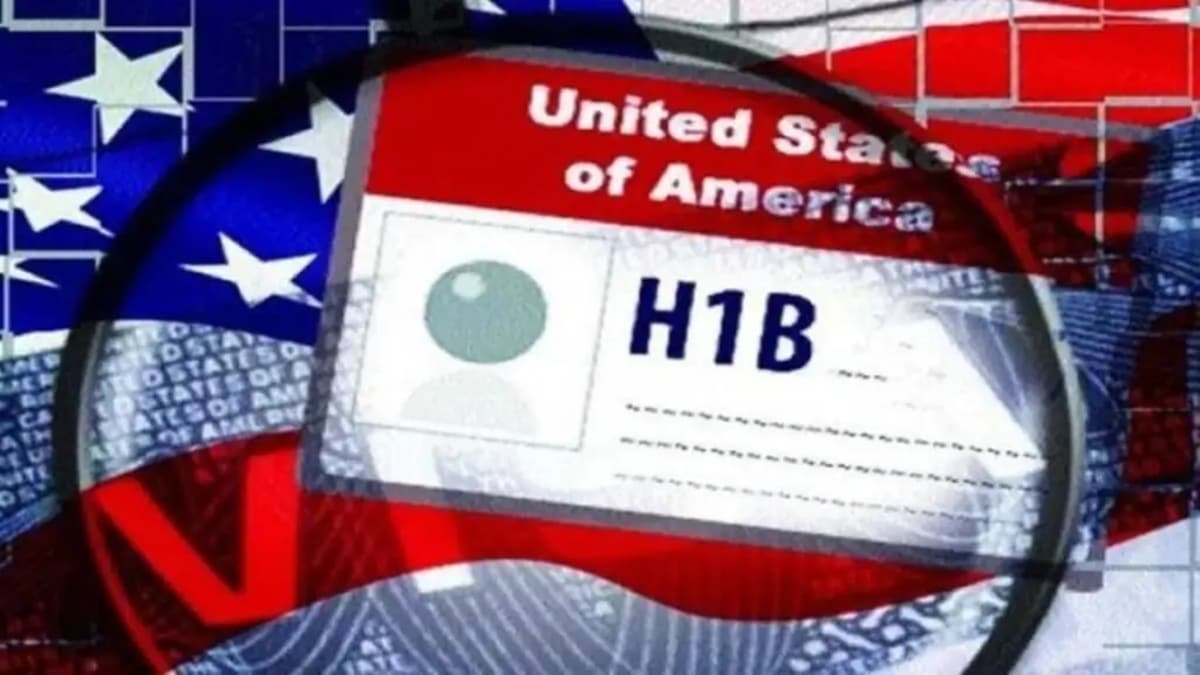Proposed $100K H-1B Fee: Tata Technologies Outlines Impact on Future Resourcing
This analysis from a major tech firm highlights how proposed H-1B fee increases could drive companies to globalize talent acquisition and reduce reliance on US-based foreign workers.

Subscribe to our newsletter and stay informed about latest H1B news, policy updates and and other developments.
Article Summary
Tata Technologies CEO Warren Harris stated that a proposed $100,000 H-1B visa fee, effective September 21, 2025, will not immediately impact the company due to its globally distributed workforce. However, Harris noted that the fee is expected to alter future resourcing plans. The company's staffing architecture, with a majority of local nationals, makes it less exposed to visa issues compared to other India-centric IT firms.
Original Article: financialexpress.com
[ Sentiment: neutral | Tone: factual ]
This summary and analysis were generated by TheNewsPublisher's editorial AI. This content is for informational purposes only; it does not constitute legal or immigration advice.
[ Sentiment: neutral | Tone: factual ]
This summary and analysis were generated by TheNewsPublisher's editorial AI. This content is for informational purposes only; it does not constitute legal or immigration advice.
TNP AI: Key Insights
This proposed $100,000 H-1B fee, if implemented, represents an unprecedented increase in the cost of sponsoring skilled foreign workers, far exceeding current H-1B filing fees which typically range from $1,710 to $7,460 depending on employer size and attorney fees. Such a substantial financial burden would force many companies, especially smaller firms and startups, to fundamentally re-evaluate their talent acquisition strategies, potentially leading to increased offshore hiring or a shift towards alternative visa categories.
Tata Technologies' response provides an early indicator of how large, globally diversified companies might adapt, leveraging their existing international footprint to mitigate the impact. This policy could further accelerate the trend of companies diversifying their talent pools across countries like Canada, the UK, and Australia, where skilled worker visa programs often involve lower employer costs and more predictable processing, thereby intensifying global competition for STEM talent.




